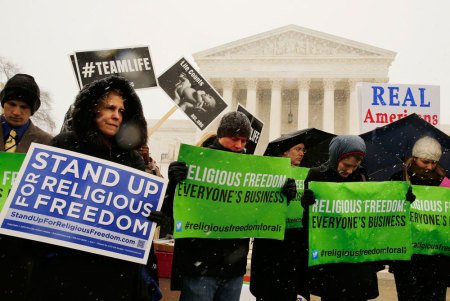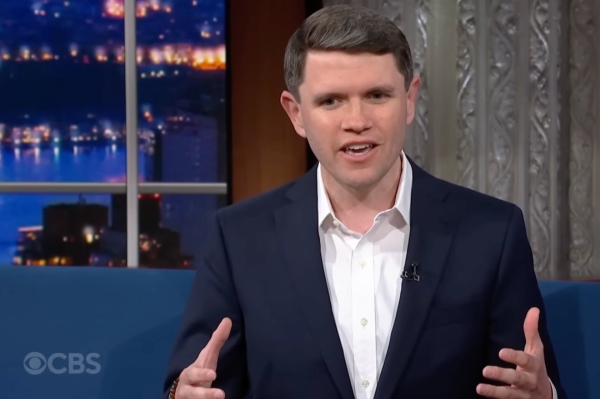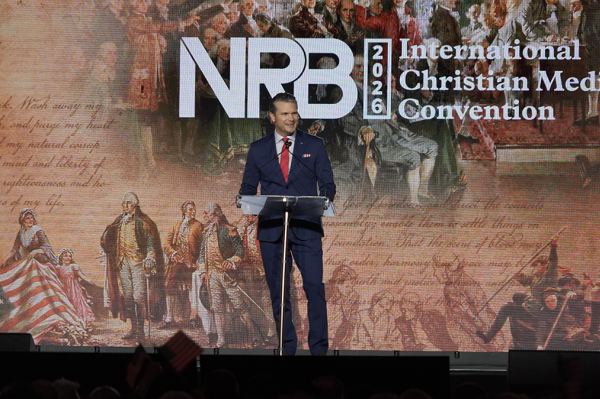'High Stakes' Involved in Supreme Court's Pending Hobby Lobby Decision, Says Lawyer

An attorney involved in a Supreme Court case that will determine to what extent privately owned businesses can opt-out of providing certain types of birth control for religious reasons believes there are "'high stakes" involved in the outcome.
Matt Bowman, senior counsel with the Alliance Defending Freedom, has served as an attorney for Conestoga Woods Specialties, who alongside Hobby Lobby, have sued the federal government to be exempt from the Health and Human Services' "preventive services mandate" that requires businesses to cover birth control that can lead to the early termination of a pregnancy.
"The stakes are very high in the Conestoga and Hobby Lobby case," explained Bowman regarding the First Amendment implications in the lawsuit. "It involves fundamental issues of whether or not religious freedom belongs to every American, and whether the government can redefine freedom to force citizens to buy abortion pills for other people."
Bowman also told The Christian Post he believes that family-owned businesses, like Hobby Lobby, should not have the government "deprive them of the religious freedom that all Americans possess by imposing crippling fines on them unless they violate their consciences."
"All Americans, including family business owners, must be free to live and work according to their beliefs without threat of government punishment," said Bowman.
Since the HHS announced their new rules regarding contraceptive services that businesses must provide in their health care plans, numerous lawsuits have been filed against the federal government.
Hobby Lobby and Conestoga both had their appeals reach the Circuit Court level. Hobby Lobby won their case before Tenth Circuit, while Conestoga lost theirs before the Third Circuit. The Supreme Court combined the two cases and heard oral arguments in late March.
In a statement made to the press on the day of oral arguments, Barbara Green, a member of the family that owns Hobby Lobby, said she felt "encouraged" by the direction of the arguments.
"We were encouraged by today's argument. We are thankful that the Supreme Court took our case and we prayerfully await the Justices' decision," said Green, whose family-owned business already provides coverage for 16 of the 20 different types of contraceptives in the mandate – just not the four drugs and devices that can cause the early termination of a pregnancy: two types of IUDs and for Plan B and EllaOne, the morning-after and week-after pills, respectively.
Critics of Hobby Lobby and Conestoga have argued that if the two companies win their case before the Supreme Court it will have dangerous ramifications both regarding religious freedom and women's health.
Julia Mirabella and Sandhya Bathija of the Center for American Progress argued that Hobby Lobby succeeding harms employees' religious freedom.
"If the Supreme Court were to side with Hobby Lobby, it would be another piece of pro-corporate precedent from an increasingly pro-business court. Such a decision would also impact how we define religious liberty in America," wrote Mirabella and Bathija.
"Will corporations soon be permitted to override the religious-freedom rights of their employees? What other types of exemptions will these corporations have? Will these companies be free to disregard all civil rights laws barring discrimination?"
A decision by the Supreme Court on the two appeals regarding the HHS preventive services mandate is expected by the end of the month.





















